In the cryptocurrency market, volatility has long been a "common occurrence," but when the Federal Reserve made a significant move by cutting interest rates consecutively, Bitcoin's reaction left many investors puzzled. A rate cut is supposed to be a "stimulant" for the market, so why did Bitcoin not only fail to surge but instead decline? The logic behind this is more complex than you might think.
The Story Behind Rate Cuts: Has the Market's "Script" Already Been Written?
Rate cuts, which are seen as a positive policy in traditional financial markets, often signify economic stimulus. However, for the Bitcoin market, things are not that simple. In 2024, the Federal Reserve cut rates twice—by 50 basis points in September and by another 25 basis points in December. Logically, such actions should inject a strong dose of confidence into the market, but reality seems to contradict this theory.
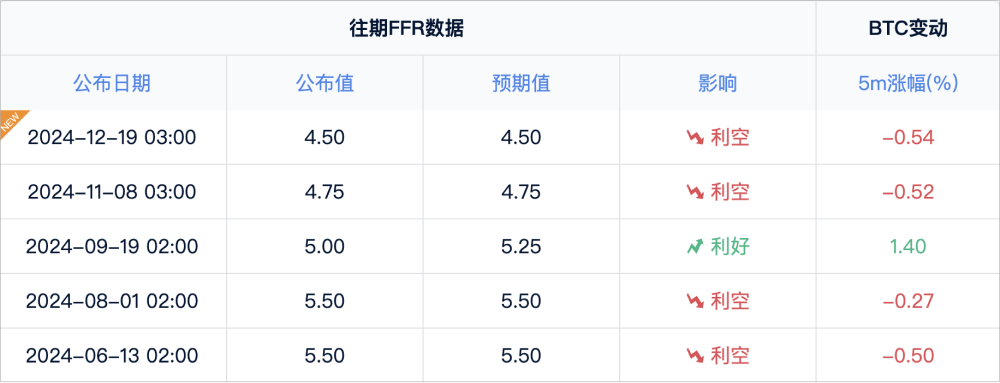
The Market "Foresees the Future": Has the Rate Cut Already Been Priced In?
There's an old saying in the market: "Buy the expectation, sell the fact." For cryptocurrency investors, this phrase is all too familiar. The news of the Federal Reserve's rate cut did not suddenly hit the market on the day of the announcement; the market had already been "rehearsing" well before the policy was implemented. Investors adjusted their portfolios and made early moves before the rate cut was announced. Thus, when the rate cut actually occurred, the market had little "excitement" left. In fact, some funds began to take profits, leading to this "reverse trend."
The "Invisible Signal" of Rate Cuts: Anxiety Over Economic Recession
Behind rate cuts often lies a deeper concern—economic downturn. The Federal Reserve's actions, on the surface, aim to stimulate the economy, but they also convey a message: the economy may be heading toward recession. For investors, such signals are undoubtedly a "cold shower." When the economic outlook is uncertain, risk appetite naturally declines. Although Bitcoin is touted as "digital gold," its price volatility is evidently greater than that of traditional safe-haven assets. Consequently, some investors prefer to sell Bitcoin and shift to more stable assets, such as gold or government bonds.
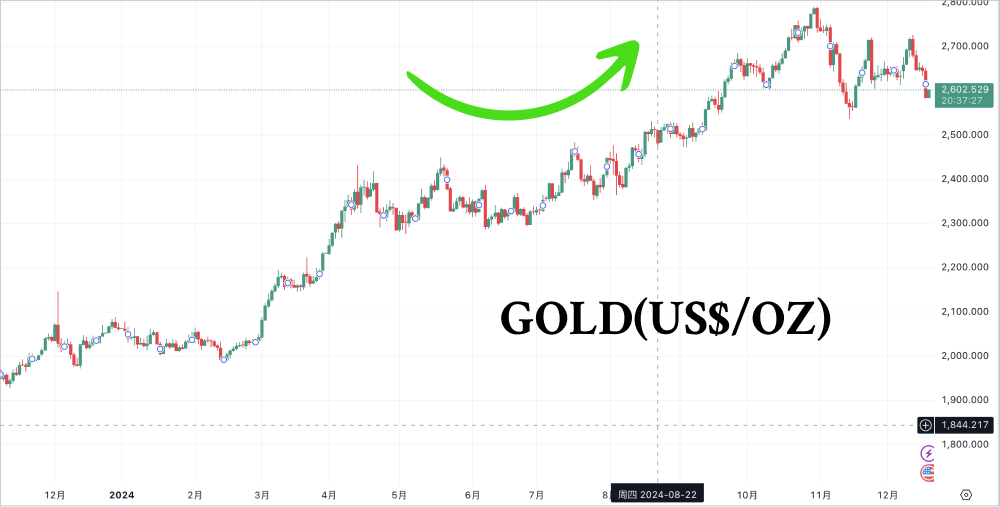
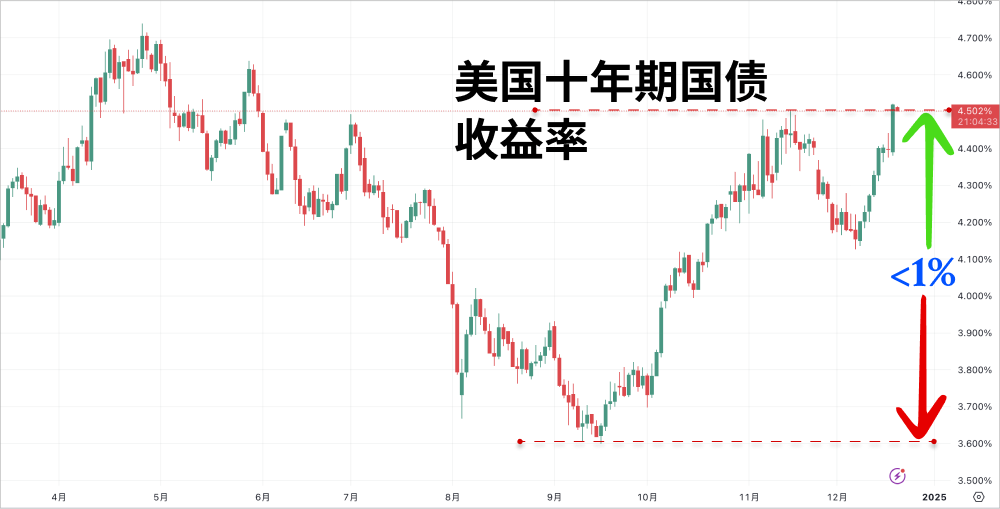
The Global Economic "Seesaw": Bitcoin Caught in the Vortex
Is Liquidity Really Coming? Don't Rush, High Uncertainty Awaits You
The initial intention of rate cuts is to release more liquidity, but don't forget, this is a global market. A rate cut by the Federal Reserve does not mean that other countries' central banks will follow suit. If other economies adopt relatively tight policies, such as the European Central Bank raising rates or the Bank of Japan reducing easing, the direction of global capital flows becomes complex and variable. This inconsistent policy pace can lead to selective capital flows across different financial markets, ultimately weakening liquidity in the cryptocurrency market, and Bitcoin is naturally affected.
The Dollar's "Counterattack": Weak in Appearance, Strong in Reality?
Generally speaking, rate cuts should weaken the dollar's appeal, but the actual situation in the global market is often the opposite. If other countries' monetary policies are stricter than those of the Federal Reserve, the dollar may remain strong. A strong dollar attracts capital into dollar-denominated assets, further suppressing the demand for non-dollar assets like Bitcoin. This "counter-logical" phenomenon was particularly evident during the 2024 rate cut cycle.
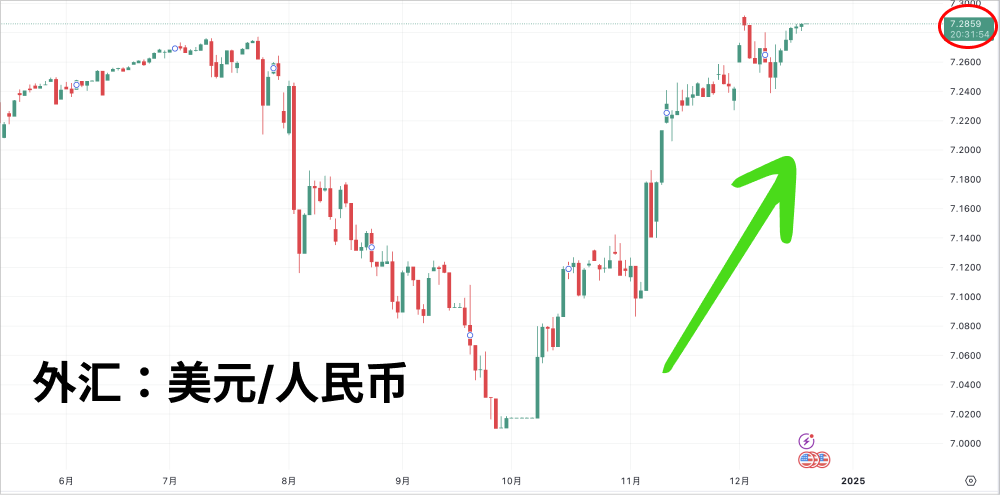
Investor Sentiment: Why Bitcoin's "Digital Gold" Status Is No Longer Effective?
Rising Risk Aversion: But Bitcoin Has Become a "Sacrificial Pawn"
In the context of increasing global economic uncertainty, risk aversion naturally becomes the dominant force. Traditionally, safe-haven funds flow into assets like gold and government bonds, and Bitcoin, as "digital gold," should theoretically share in this. However, the reality is harsh. Bitcoin's high volatility makes it appear "not stable enough" in the safe-haven market. Even if long-term investors are confident in its prospects, under short-term risk aversion, some investors prefer to choose more traditional safe-haven tools. This shift in preference exacerbates the price pressure on Bitcoin.
Technical Analysts' "Breakdown": Key Levels Become Major Pressure Points
Technical analysts in the cryptocurrency market love to focus on key support and resistance levels, and when these levels are triggered, the market's reaction is often amplified. After the September rate cut, Bitcoin briefly surged to $62,500 but quickly fell back. This "surge and retreat" trend likely triggered a large number of automated trades near technical resistance levels. A similar situation occurred after the December rate cut, where Bitcoin's price dropped from $104,000 to $101,000, ostensibly due to hawkish comments from Federal Reserve Chairman Powell, but the influence of technical factors cannot be ignored. Below are relevant technical indicators for analysis, for reference only, and do not constitute investment advice. Data source: AICoin
MACD: In the 4-hour cycle, both DIF and DEA are in negative territory, and the MACD histogram remains negative, indicating that bearish forces dominate.
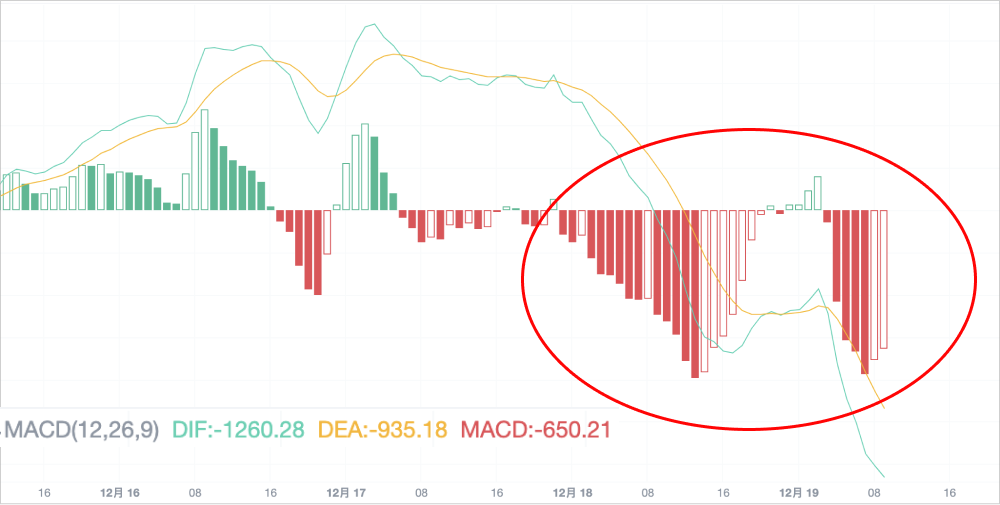
RSI: The RSI is currently around 30, close to the oversold zone, but has not entered a strong zone, indicating a potential short-term technical rebound demand.

EMA: The price is currently below EMA7 (101,167), indicating that it is still under pressure in the short term. EMA30 (103,486) and EMA120 (103,727) also show a bearish arrangement, further confirming the downward trend.
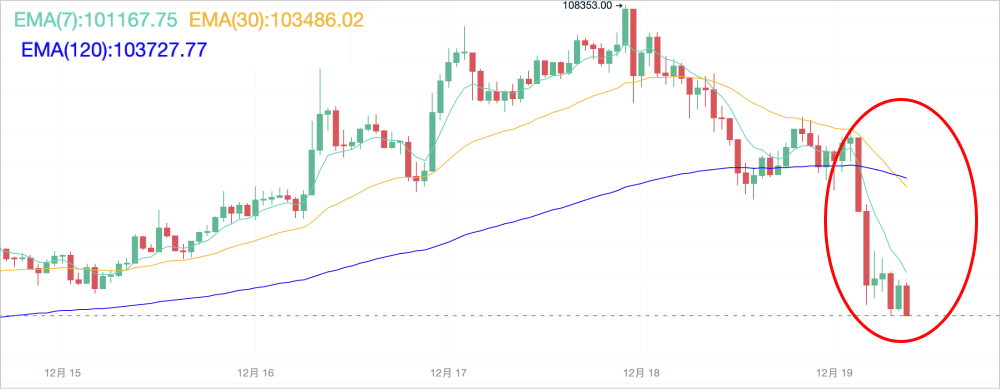
Real Cases: Bitcoin's "Roller Coaster" After Rate Cuts
September Rate Cut: A Brief "Frenzy" That Ultimately Couldn't Last
When the Federal Reserve announced a 50 basis point rate cut on September 19, the Bitcoin market was momentarily ecstatic, with prices quickly climbing to $62,500. However, this rise felt more like a short-term emotional release, and soon the market calmed down, with prices retreating to around $60,000. Behind this was not only the market's early digestion of expectations but also technical adjustments. The high volatility of the cryptocurrency market makes it difficult for any short-term positive news to sustain.
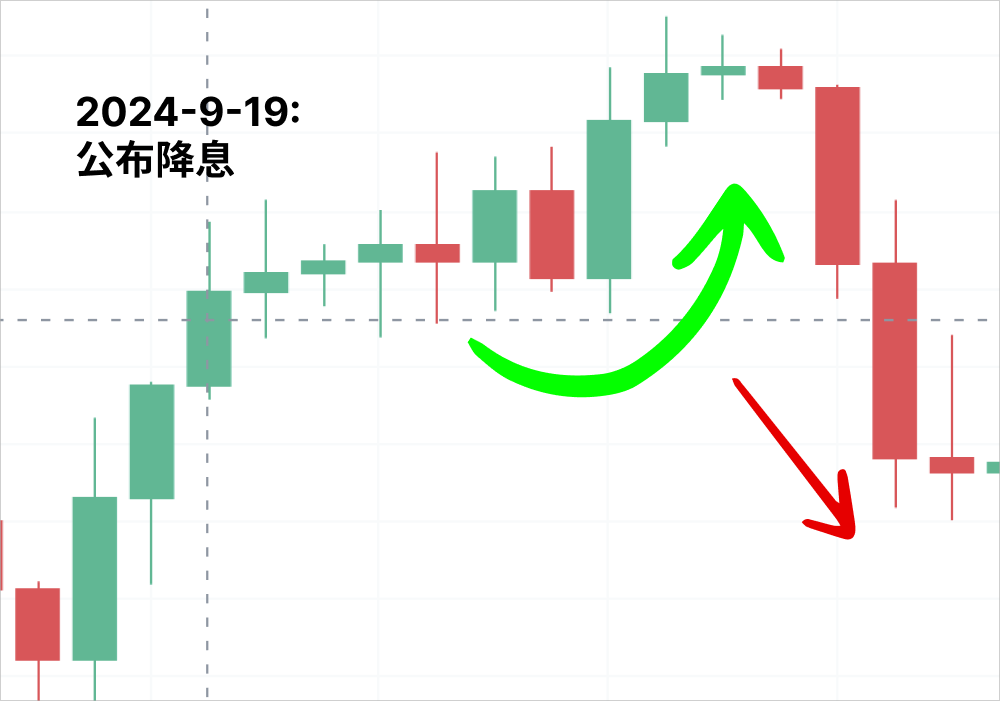
December Rate Cut: Market Sentiment Turns Cautious
The December rate cut felt like the last straw that broke the market's sentiment. Although the benchmark rate was again lowered by 25 basis points, Bitcoin's price fell from $104,000 to $101,000. The main reason for this decline was the hawkish signals released by Powell during the press conference, which shattered market expectations for further easing. Investor confidence was shaken, and coupled with seasonal factors like year-end capital recovery, the Bitcoin market experienced a noticeable wave of selling.

Understanding Bitcoin's "Counter-Logical" Reaction
The impact of the Federal Reserve's rate cuts on the Bitcoin market is far from a simple "rate cut = positive" causal relationship. The early digestion of market expectations, concerns over economic recession, uncertainties in global capital flows, and changes in investor sentiment all contribute to Bitcoin's complex performance during the rate cut cycle. For investors, understanding the logic behind these factors is far more important than simply focusing on the rate cut policy. After all, in the cryptocurrency market, the true winners are often not those who correctly predict policy directions, but those who can see through market sentiment and capital flows.
AICoin Official Website: www.aicoin.com
Telegram: t.me/aicoincn
Twitter: x.com/AICoincom
Email: support@aicoin.com
Group Chat: Customer Service Yingying、Customer Service KK
免责声明:本文章仅代表作者个人观点,不代表本平台的立场和观点。本文章仅供信息分享,不构成对任何人的任何投资建议。用户与作者之间的任何争议,与本平台无关。如网页中刊载的文章或图片涉及侵权,请提供相关的权利证明和身份证明发送邮件到support@aicoin.com,本平台相关工作人员将会进行核查。



